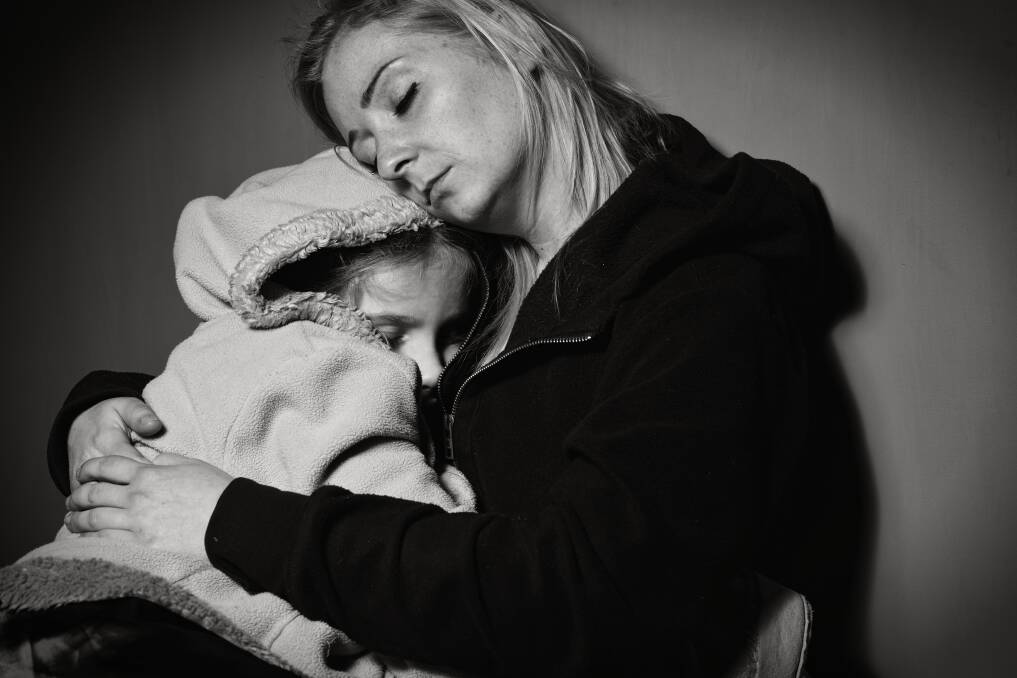
Women trying to escape domestic violence can wait months for Centrelink to process hardship provision applications, according to WA senator Rachel Sierwert.
Create a free account to read this article
$0/
(min cost $0)
or signup to continue reading
Ms Siewert said it was unacceptable that women were having to wait and that urgent assistance must be given to women and children experiencing domestic violence.
“What kind of choice is this? Stay in a dangerous and potentially deadly situation at home or be on the streets?
“This is really the bare minimum that government could do – make sure that Centrelink is not a barrier to escaping domestic violence.
"Centrelink needs to significantly improve their approach to assisting women escaping domestic violence.”
Statistics show women who are under financial stress were one group more at risk of experiencing family, domestic or sexual violence.
The Family, domestic and sexual violence in Australia 2018 report showed unemployed women, or women who relied on government payments or families experiencing financial hardship were at risk.
Women were more likely to experience intimate partner violence if they could not pay their rent or mortgage on time or could not raise $2000 in an emergency.
Women who pawned or sold something for cash were 2.5 times more at risk of partner violence and those who went without meals were 3.2 more at risk.
The report also stated that victims of family or domestic violence faced an increased risk of homelessness.
According to the Domestic and family violence and homelessness 2011–12 to 2013–14 report, 36 per cent of adults and children seeking homelessness services had experienced family or domestic violence.
A Department of Human Services spokesperson said supporting people affected by family and domestic violence was a priority for Centrelink.
“We are aware of the difficult circumstances many of our customers face and we are committed to ensuring people receive the support they need, where and when they need it,” the spokesperson said
“The department works closely with people in crisis or who are experiencing hardship to ensure claims are processed as quickly as possible to meet their immediate financial needs.
“We encourage anyone affected by family or domestic violence and seeking financial support to speak with a department social worker on 132 850 or visit humanservices.gov.au/enough.”
South West support service Waratah chief executive officer Trudi Ruane said often it was the perpetrator who withheld information that made it difficult for women to access Centrelink.
Ms Ruane said some women were in a situation where they were totally powerless to access government services because the information they required was being withheld from them.
“The mystery behind why women are waiting so long at Centrelink is often about requiring information to support their application, but what might be happening is the relationship between power and control,” she said.
“The partner may be withholding information which they may need to take to Centrelink, this would include documentation which would prove who they were.
“All of the things Centrelink require to establish who they say they are may not be available to them.
“The time it takes to get that is in relationship to will they then go back to their potential perpetrator and request this information when the perpetrator actually wants to punish them?”
She said domestic violence was not always physical but very much embedded in financial control.
“If you perpetuate a behaviour which was about power and control then you are a perpetrator of domestic violence, even if you never raise your hand to hit your partner.”
Anyone affected by family or domestic violence should call the national family and domestic violence counselling and support service on 1800RESPECT or visit 1800respect.org.au
Waratah can be contacted on 9791 2884 or by a free call 1800 017 303.

